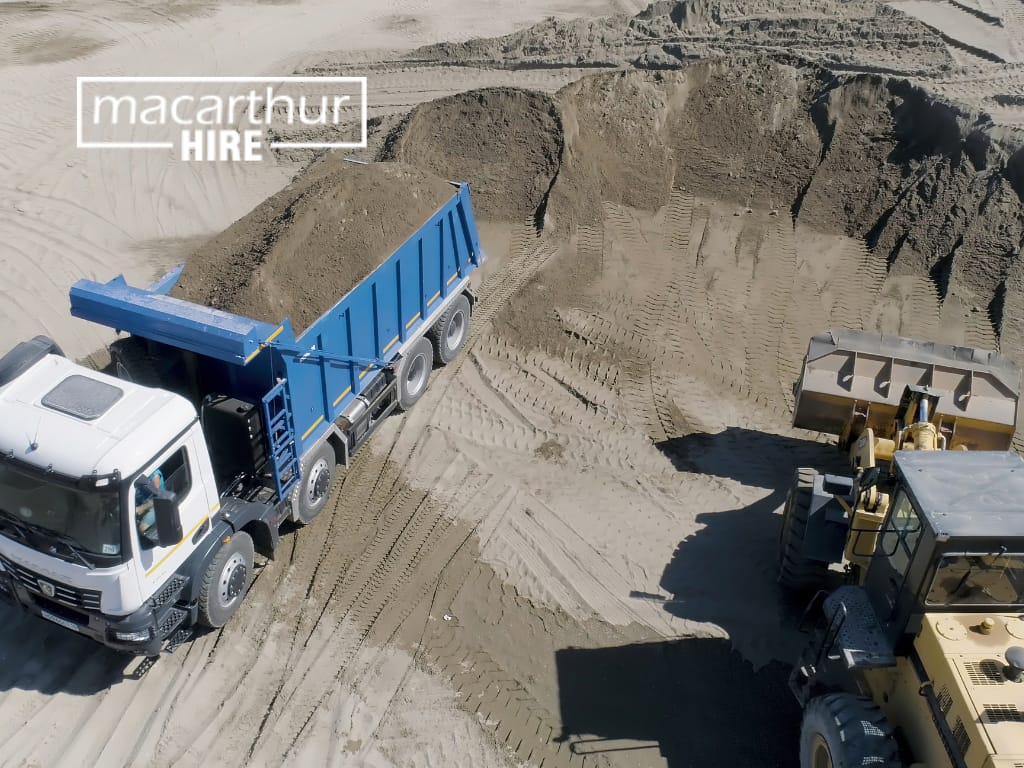Looking for something specific? Try using our search bar!
Looking for something specific? Try using our search bar!
The dynamic landscape of modern business operations often requires small businesses to be adaptable, efficient, and financially savvy. One of the key strategies to achieve these goals is through equipment rental—a solution that offers the flexibility and cost-effectiveness necessary for growth and competitiveness.
In particular, industries such as construction, lawn and landscaping, and logistics greatly benefit from the rental model, enabling access to essential equipment without the hefty price tag of ownership. This section delves into the top equipment rental choices for small businesses, focusing on those sectors while excluding IT equipment to align with the company’s offerings.
Renting equipment presents a viable solution for small businesses looking to navigate financial hurdles. It eliminates the need for substantial upfront investments in purchasing equipment outright, thereby easing cash flow and allowing for the reallocation of financial resources towards other critical areas of the business, such as expansion, marketing, or R&D.
Additionally, the rental model provides the flexibility to scale operations up or down without the financial burden and logistical challenges of owning and maintaining a fleet of machinery or vehicles.
For small businesses in the construction, landscaping, and logistics sectors, selecting the right equipment to rent is crucial for maximizing efficiency and productivity. Here are the key categories and types of equipment that small businesses frequently find valuable to rent:



Renting these types of equipment can provide small businesses with the operational flexibility to take on a variety of projects without the financial strain of purchasing and maintaining a diverse fleet of machinery. Additionally, the rental model ensures access to the latest technology and well-maintained equipment, contributing to efficiency, safety, and professionalism on the job.
Navigating the terms of equipment rental agreements is crucial for small businesses to ensure they align with their operational requirements and financial constraints. Understanding and negotiating the terms can lead to more favorable conditions, helping businesses maximize their rental investments.
Rental agreements are foundational to a successful rental experience, outlining the terms, duration, costs, and responsibilities of both parties. Small businesses should pay close attention to:
For equipment that’s consistently in use, long-term rentals can offer significant savings over daily or weekly rates. Negotiating longer terms can also secure availability during peak seasons and may provide leverage for negotiating lower rates or additional benefits, such as included maintenance.
Maintaining rented equipment in peak condition is vital for operational efficiency and cost-effectiveness. Small businesses can take proactive steps to ensure their rented equipment remains reliable and performs optimally throughout the rental period.
The division of maintenance responsibilities is typically outlined in the rental agreement. While rental companies generally handle major repairs and regular servicing, renters often need to conduct daily or weekly checks to ensure the equipment operates safely and efficiently.
Adhering to a maintenance schedule can prevent breakdowns and extend the equipment’s life. Key practices include:
Should rented equipment require repair, immediate communication with the rental company is essential. Establishing a plan for quick repairs or replacements minimizes downtime and keeps projects on track. Understanding the rental company’s process for handling repairs and having a contingency plan in place can help manage any operational interruptions effectively.
Efficient use of rented equipment is key to getting the best value from the rental cost. Planning projects and schedules carefully to avoid idle rental days ensures that the business gets the most out of its investment. Additionally, training employees on the proper use and maintenance of the equipment can further optimize productivity and reduce the likelihood of damage or misuse.
By strategically managing equipment rental agreements, maintenance, and utilization, small businesses can significantly benefit from the flexibility and cost savings that equipment rental offers. This approach not only supports operational efficiency and project success but also contributes to the broader financial health and growth potential of the business. In a competitive landscape, the savvy use of equipment rental can be a game-changer for small businesses aiming to scale operations and achieve their strategic objectives.
More articles below: